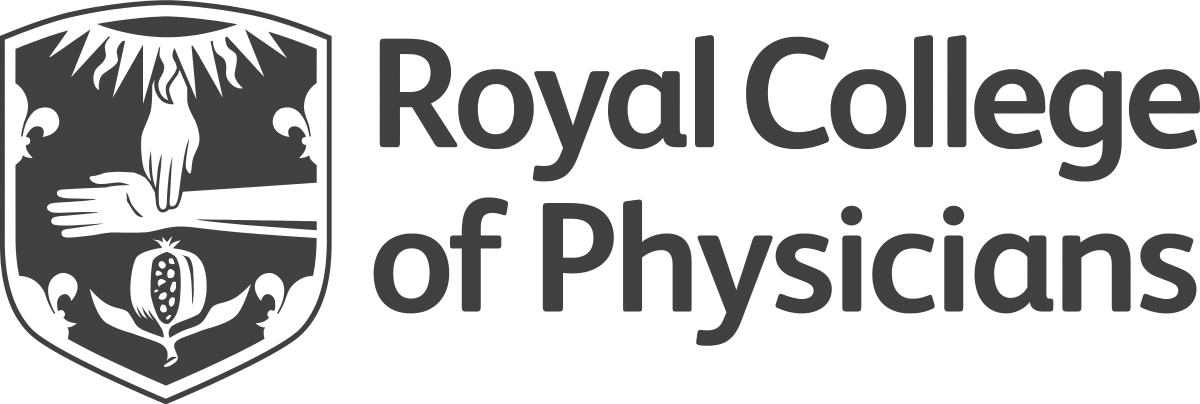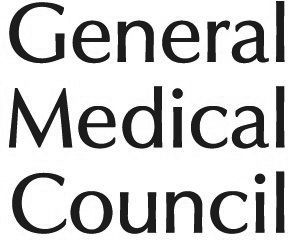Dr Martin Lowe, Consultant Cardiologist
Dr Martin Lowe
Consultant Cardiologist
Dr Martin Lowe BSc MB BS PhD FRCP
Consultant Cardiologist
Make an appointment
Address
-
The Harley Street Clinic
35 Weymouth Street, London, W1G 8BJ
-
The Portland Hospital
205 – 209 Great Portland Street, London, W1W 5AH
-
Lister Hospital
The Lister Hospital, London, SW1W 8RH
-
Telephone or video consultation
Virtual
About Dr Martin Lowe
Dr Martin Lowe is a highly experienced Consultant Cardiologist and Electrophysiologist, specialising in the treatment of arrhythmias in both adults and children. He is renowned for his expertise in catheter ablation and pacemaker/defibrillator implantation. Dr Lowe practices at The Harley Street Clinic and Portland Hospital in London.
Dr Lowe studied medicine at St George’s Hospital, London, and completed his specialist training in London and Cambridge. He further honed his skills during a Research Fellowship at The Mayo Clinic in the USA. Since his appointment, he has been instrumental in advancing arrhythmia services in the UK.
As a leading figure in his field, Dr Lowe has held significant roles, including serving as Clinical Director at the Barts Heart Centre in London. He is also actively involved with the British Heart Rhythm Society. His research interests are diverse and include ablation strategies for arrhythmias associated with congenital heart disease and heart muscle disease, risk stratification in patients and families predisposed to sudden cardiac death, and multisite pacing in heart failure patients. His work is frequently published in peer-reviewed journals.
In addition to his clinical and research work, Dr Lowe is dedicated to the education of future specialists. He is an Honorary Senior Lecturer at University College London and Queen Mary University London, where he contributes to the training and development of medical trainees.
Dr Lowe's commitment to his field and his patients is evident in his extensive experience and ongoing contributions to cardiology and electrophysiology.
Areas of expertise
- 24 hour blood pressure monitor
- Arrhythmia (irregular heartbeat)
- Atrial fibrillation
- Cardiac pacing
- Cardiac resynchronisation therapy (CRT)
- Cardioversion
- Catheter ablation
- Congenital heart disease
- CT coronary angiogram
- ECG (electrocardiogram)
- Electrophysiology
- Exercise stress test
- Heart scan (echocardiogram)
- Implantable cardioverter-defibrillator (ICD)
- Pacemaker surgery
- Paediatric (pediatric) cardiology
- Palpitations
- Supraventricular tachycardia (SVT)
- Tachycardia
- Transoesophageal echocardiogram
- Ventricular fibrillation
Professional memberships


Articles by Dr Martin Lowe
Caspase-mediated cleavage of syntaxin 5 and giantin accompanies inhibition of secretory traffic during apoptosis
Endosomal recycling tubule scission and integrin recycling involve the membrane curvature-supporting protein LITAF
Lowe syndrome protein OCRL1 interacts with clathrin and regulates protein trafficking between endosomes and the trans-golgi network
OCRL1 engages with the F-BAR protein pacsin 2 to promote biogenesis of membrane-trafficking intermediates
 Instant booking
Instant booking







_1647334881673.png)
_1647334983890.png)
_1647335055220.png)
_1647335137137.png)
_1647335202821.png)
_1647335297325.png)
_1647335353723.png)
_1647335403185.png)
_1647335525598.png)
_1647335715394.png)
_1647335759839.png)
_1647335811380.png)



